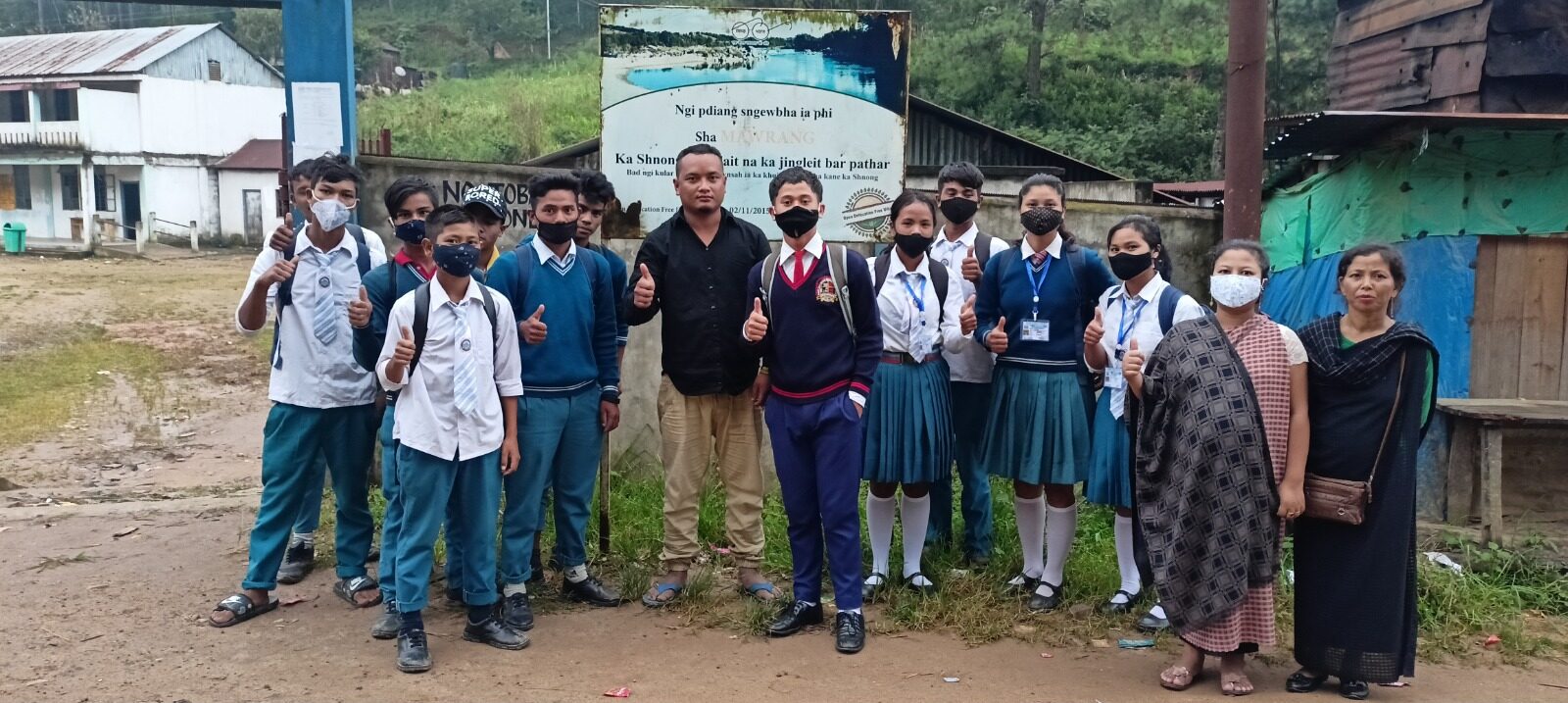
Author
Asish Kumar Acharya started his career as a journalist and later switched to full-time political research and consulting. As a consultant, he has been instrumental in strategy-making and constituency management in several State and Lok Sabha elections. Currently working as a research associate, he writes about governance, policy-making, electoral narratives and political communications.
Apart from his interest in politics, he is an avid reader of Indian mythology and has curated several hours of content on Indian epics such as the Ramayana, Mahabharata, and Puranas.

Tribal identity, tribal society, tribal culture and customs have been an intrinsic part of the Indian struggle for independence. During the uprising when the British were brazenly trampling our Janjatiya Asmita, a fervour of self-assertion and patriotism ignited our tribal communities. This renaissance was a cornerstone of resistance which later forged into an iron wall against colonial atrocities. A warrior and ideologue in this nationalist thought and struggle was Bhagwan

When Prime Minister Narendra Modi honored Kunwar Bai, a 105-year-old resident of Dhamtari village in Chhattisgarh, as the face of the Swachh Bharat Mission (SBM) in 2016, she never imagined the profound impact she would have. A centenarian who had never seen a toilet in her life, Kunwar Bai’s village was declared Open Defecation-Free (ODF) in 2018, marking a significant change for her and her community. A Century-Long Wait for